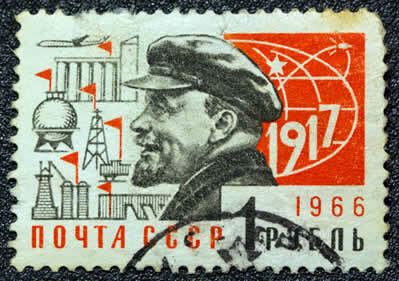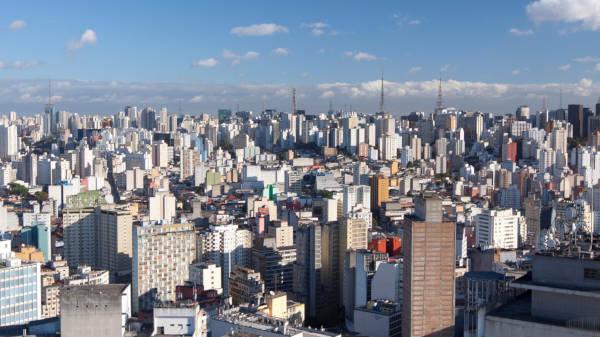The February Revolution of 1917 in Russia represented the fall of the monarchy and the formation of the Provisional Government, which came to govern the country. At the same time, the Russian workers re-constituted the soviets, as in 1905, creating with these popular participation councils a situation that became known as duality of powers, coexisting at the same time the state and a popular power structure, in the Russian case, the soviets. Similar organizations, factory committees or factory council, which enabled workers to seize power within their own companies.

Lenin supported the workers' control developed by the Russian workers as a way of sustaining their proposal to take power.*
In the context of World War I and the crisis it generated, the owners abandoned their factories, threatening thousands of workers with unemployment. The reaction of the workers was to occupy the factories in European Russia to guarantee the continuity of production. To organize production and manage the administration, factory committees (or factory soviets) were formed, formed by delegates elected by the workers and with mandates revocable at any time, meaning that if any of the delegates did not fulfill the responsibilities assumed, they could be removed by the others workers. In this way, the workers, through their committees, exercised power inside the factories.
This exercise of power became known as workers' control of production. In the development of social struggles between February and October 1917, the demand for workers' control of production gained strength, managing to adopt the 8-hour workday in St. Petersburg and hold a national congress of factory committees in October, bringing together in their defense, in addition to the factory floor workers involved, political forces linked to anarchists and the Bolsheviks. The latter even used as a motto to gather the support of the working masses the defense of workers' control of production as a way of transforming the organization of society.
With workers' control added to the motto “Peace, Land and Bread”, the Bolsheviks gained popular and organized an armed uprising in St. Petersburg, overthrowing the Provisional Government headed by Kerensky in October 1917.
However, for the main Bolshevik leader, Lenin, workers' control should be linked to inspection of the actions and accounting of companies by the workers, and not the management of production and administrative processes, these functions being the responsibility of technical specialists, such as engineers and administrators. With this perspective, the new State published the decree of workers' control of production, in November 1917, creating the All-Russian Workers' Control Council, responsible for the management of industries. But the participation of workers was limited, with technical specialists occupying most of the existing posts, taking most of the decisions.
Soon after, in March 1918, a form of industrial administration was adopted in which the direction was in the hands of a single administrator, subordinating the factory committees to him. Administrators were appointed by the State and no longer elected, thus removing the power that was previously exercised by workers within these companies.
For Maurice Brinton, these measures represented the beginning of the loss of power that the workers had won after the February 1917 revolution, since the control they began to exercise (inspection, accounting, etc.) was external to the most important part of the production process, which was the management of the factory. With the appointment of a single administrator who would only be supervised, the workers stopped deciding on the company's management.
With the beginning of the Civil War, right after the signing of the Brest-Litovski treaty in 1918, and the militarization of the subsequent industrial production, workers' control was abandoned, thus extinguishing the committees of factory.
* Image Credit: Lefteris Papaulakis and Shutterstock.com
By Tales Pinto
Graduated in History
Source: Brazil School - https://brasilescola.uol.com.br/historiag/controle-operario-na-russia.htm

